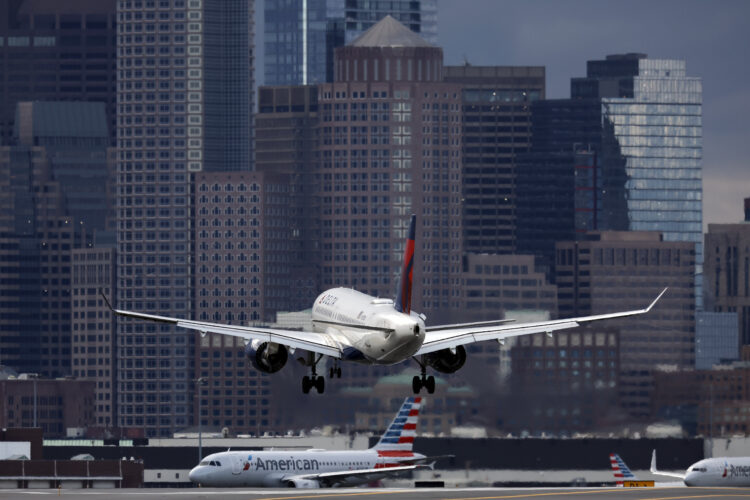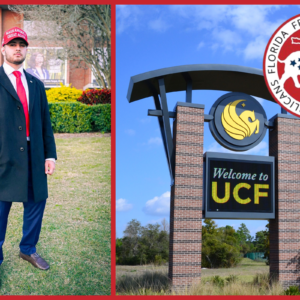Federal safety officials and aviation industry leaders assembled in Virginia Wednesday to kick off the FAA’s call to action for prevention of more close calls on airport runways. The primary goal is to recognize and focus on patterns in these incidents to cease additional mishaps.
Throughout a discussion moderated by former National Transportation Safety Board Chair Robert Sumwalt, there were calls for more sufficient and reliable funding from Congress. In addition, shareholders brought up problems such as staffing shortages of Air Traffic Control and a backlog of pilot training.
Of course, these issues aren’t overly surprising given the fact that thousands in the airline industry quit or were fired due to the COVID vaccine mandate.
Dr. Hassan Shahidi, president and CEO of the Flight Safety Foundation attended the summit and stated that safety and predictability go together. He said details of the aircraft near-misses, pilots’ training, and airline workplace culture need to be communicated by officials and industry leaders.
“We have thousands of flights every day that are operating safely without any incidents, but we do know that there have been serious issues over the past several months that cannot be ignored that must be addressed by the FAA, by the industry working together,” Shahidi added.
NTSB Chair Jennifer Homendy recognized the existing level of aviation safety but presented an unsettling reminder.
“The absence of a fatality or accident doesn’t mean the presence of safety,” she said. “There’s always more we can do to improve safety and we can’t forget that.”
Homendy said the latest events should act as a wake-up call. She pointed to seven recommendations the NTSB has issued regarding runway collision prevention, adding that it’s too late to act only after lives are lost. One proposal concerning technology that could alarm pilots of imminent collisions has been on the table for 23 years.
“How many times are we going to have to issue the same recommendations over and over and over again?” Homendy asked. “When we do–and sometimes we get the response that it costs too much–I’m very passionate about safety and so I’m going to ask you to think about this, what is too expensive? Think about your loved ones. Do they deserve a price tag?”
Summit participants are expected to reconvene this spring.


















Add comment